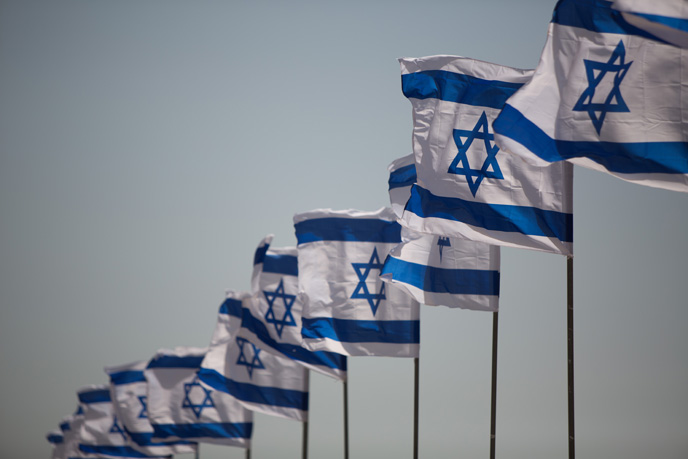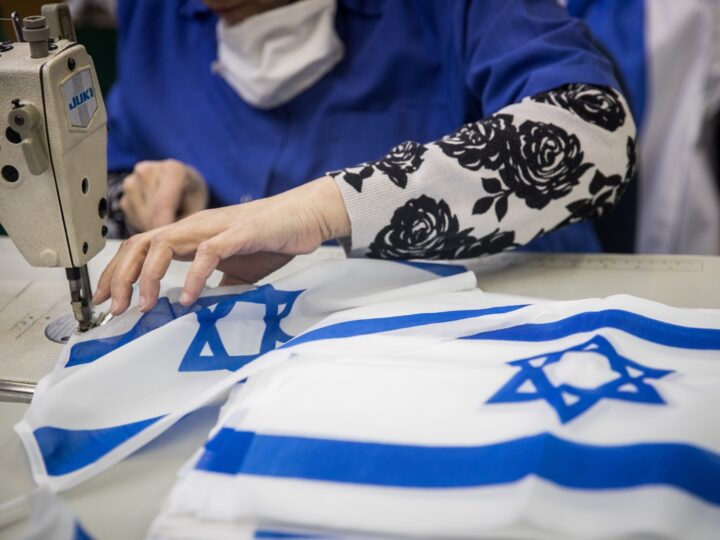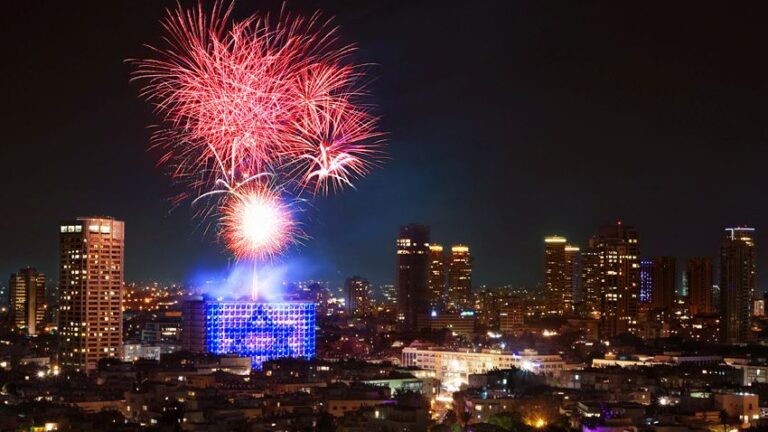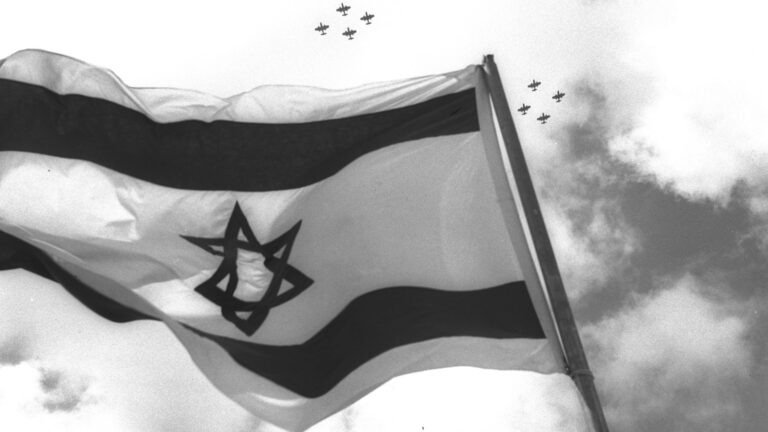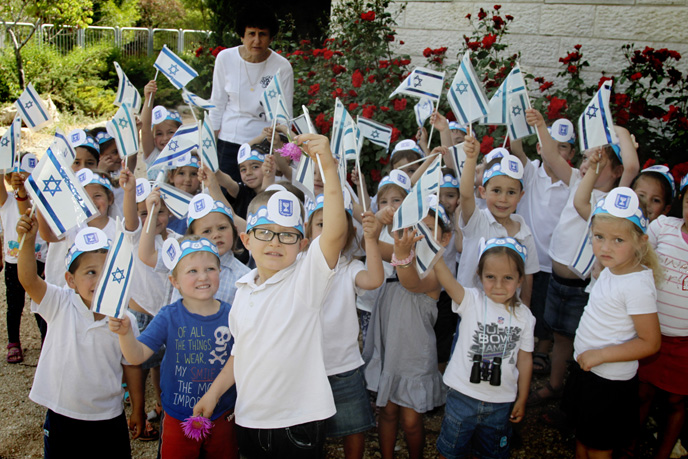
Israel’s population stands at 8,345,000, according to the annual Independence Day report by the Central Bureau of Statistics. When Israel was founded in 1948, the population was just 806,000.
The report shows a two percent population growth over last year’s data, citing 176,000 Israeli babies born and 32,000 new immigrants to Israel.
Israel’s Jewish population numbers 6,251,000 (74.9%). The report says there are 1,730,000 Arabs (20.7%) and 364,000 (4.4%) others (Christians, non-Arabs and other religions).
In 1948, just 35% of Israelis were sabras while today, 75% of Israelis are born in the country.
The report also highlights the urbanization over the years. In 1948, Tel Aviv-Yafo was the country’s only city with a population exceeding 100,000. Today, Israel has 14 cities answering those criteria. Of those, six cities boast a population of more than 200,000 – Jerusalem, Tel Aviv-Yafo, Haifa, Ashdod, Rishon Lezion, and Petah Tikva.
The Ministry of Economy also published data on the occasion of Israel’s 67thIndependence Day, reporting that Israeli exports from industry (excluding diamonds) have soared from $5 million in 1948 to $47 billion.
The number of production plants has also jumped since the State’s establishment from around 2,300 factories in 1948 to 124,000 today.
“On Israel’s 67th Independence Day we need to continue encouraging the purchase of Israeli goods, while encouraging local industry and its employees, and increasing the State’s economic and social resilience,” said Director of the Histadrut’s Trade Union Division and Chairman of the Blue and White Division, Einav Kabala. “The Histadrut views the preservation and encouragement of Israeli industry in general as being of great importance, with even more significance in the periphery, and we will continue working to strengthen local industry and its workers and reduce unemployment, while creating new openings in the workforce.”
